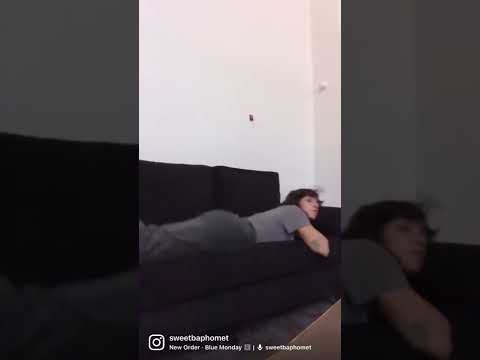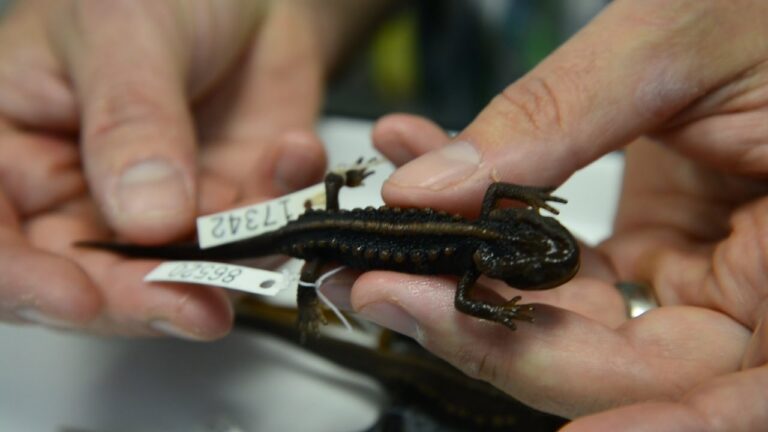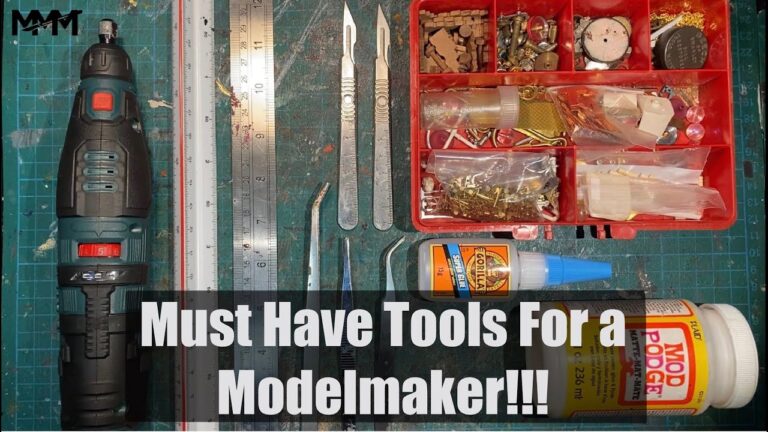Unleash Your Creativity: Tattoo Artist Job Description and Salary

Tattoo Artist Job Description Template
Tattoo Artist Job Description A tattoo artist is a skilled professional who creates permanent designs on the skin using specialized equipment. They work closely with clients to understand their desired tattoo designs and bring them to life. Tattoo artists need to have a good understanding of different tattoo styles, as well as the ability to draw and create unique designs. One important aspect of a tattoo artist’s job is to ensure the safety and cleanliness of their workspace. They must follow strict hygiene practices to prevent infections and the spread of diseases. This includes using sterilized equipment, wearing gloves, and maintaining a clean and sanitized environment. Tattoo artists should also have a good understanding of bloodborne pathogens and how to prevent cross-contamination. Another crucial skill for a tattoo artist is the ability to communicate effectively with clients. They need to be able to understand their clients’ ideas and provide guidance and suggestions when needed. Clear communication is essential to ensure that both the artist and the client are on the same page regarding the design, size, and placement of the tattoo. In addition to technical skills, a tattoo artist should also possess creativity, artistic flair, and attention to detail. They should be able to work with different skin types and colors, adapting their techniques accordingly. Patience and a steady hand are also important qualities for a tattoo artist to have, as the process of tattooing requires precision and accuracy. Overall, being a tattoo artist requires a combination of technical skills, creativity, and professionalism. It is a job that allows individuals to express their artistic talents while providing a unique and meaningful service to their clients.Tattoo Artist Responsibilities
Tattoo Artist Requirements
- Artistic talent and creativity
- Ability to draw and design original artwork
- Knowledge of different tattoo styles and techniques
- Understanding of color theory and composition
- Good hand-eye coordination and manual dexterity
- Attention to detail and precision
- Ability to use tattooing equipment safely and accurately
- Knowledge of proper sterilization and hygiene practices
- Strong communication and interpersonal skills
- Ability to listen to clients’ ideas and interpret them into tattoos
- Patience and ability to work for long periods of time
- Willingness to continually learn and stay updated on new tattooing trends and techniques
- Ability to handle difficult or demanding clients professionally
- Physical stamina and endurance to withstand long hours of tattooing
How Much Does A Tattoo Artist Make?
Tattoo Artist Salary
| City | State | Average Salary |
|---|---|---|
| New York City | New York | $55,000 |
| Los Angeles | California | $50,000 |
| Miami | Florida | $45,000 |
| Chicago | Illinois | $40,000 |
A tattoo artist’s salary can vary depending on factors such as location, experience, and clientele. The table above displays the average salaries of tattoo artists in four major cities in the United States. It is important to note that these figures are approximate and can fluctuate.
Tattoo Artist Salaries by Country
Top Paying Countries for Tattoo Artists
| Country | Salary Range |
|---|---|
| United States | $40,000 – $100,000+ |
| Australia | $35,000 – $90,000+ |
| Canada | $35,000 – $85,000+ |
| United Kingdom | £20,000 – £60,000+ |
| Germany | €25,000 – €50,000+ |
Tattoo artists in various countries have different earning potentials. The salary range for tattoo artists varies depending on factors such as experience, skill level, location, and demand for their services. The table above showcases some of the top paying countries for tattoo artists.
In the United States, tattoo artists can earn anywhere between $40,000 to over $100,000 annually. Australia and Canada also offer lucrative opportunities, with salary ranges of $35,000 to $90,000 or more.
The United Kingdom and Germany also provide decent earning prospects for tattoo artists. In the UK, artists can expect to earn between £20,000 to £60,000 or higher. In Germany, the salary range typically falls between €25,000 to €50,000 or more.
It’s important to note that these figures are approximate and can vary depending on individual circumstances and market conditions. Factors such as reputation, clientele, and specialization can also impact an artist’s earning potential.
A video on the topic Tattoo Artist
Video Source : SweetBaphometInterview Questions for Tattoo Artist
1. What made you decide to become a tattoo artist?
I have always been passionate about art and self-expression. Tattooing allows me to combine my love for art with the opportunity to create meaningful and permanent designs on people’s bodies.
2. How long have you been working as a tattoo artist?
I have been working as a tattoo artist for 8 years now. I started my apprenticeship right after finishing art school.
3. What is your favorite style of tattooing?
I enjoy working with various styles, but if I had to choose one, it would be neo-traditional. I love the bold lines, vibrant colors, and exaggerated imagery that this style offers.
4. How do you ensure the safety and cleanliness of your tattoo studio?
I prioritize the safety and cleanliness of my tattoo studio by following strict hygiene practices. I use disposable needles, tubes, and gloves for each client, and all equipment undergoes proper sterilization. I also keep a clean and organized workspace to minimize any risk of contamination.
5. Can you describe your creative process when designing a tattoo?
When designing a tattoo, I first have a consultation with the client to understand their ideas, preferences, and desired meaning behind the tattoo. I then sketch multiple design options, considering factors such as placement, size, and style. I present these options to the client and make revisions based on their feedback until we achieve the perfect design.
6. How do you handle clients who are unsure about the design they want?
I understand that some clients may be unsure about the design they want, and that’s perfectly normal. In such cases, I take the time to have a detailed discussion with them, understand their interests, and show them a variety of design inspirations. I offer my professional advice and guide them towards a design that resonates with them.
7. What precautions do you take to ensure a comfortable experience for your clients?
I prioritize creating a comfortable experience for my clients by maintaining open communication throughout the process. I make sure they are well-informed about the tattooing procedure, provide breaks if needed, and use numbing creams or other pain management techniques when necessary. I also create a welcoming and relaxed atmosphere in my studio to help put my clients at ease.
8. How do you stay updated with the latest tattoo trends and techniques?
I believe in continuous learning and staying updated with the latest tattoo trends and techniques. I regularly attend tattoo conventions, workshops, and seminars to learn from other artists and industry professionals. I also follow reputable tattoo blogs and social media accounts to stay informed about emerging trends and techniques.
9. What do you enjoy most about being a tattoo artist?
One of the things I enjoy most about being a tattoo artist is the opportunity to connect with people and be a part of their personal stories. It’s an incredibly rewarding feeling to see the joy and satisfaction on my clients’ faces when they see their finished tattoos. The creative freedom and the ability to leave a lasting impact on someone’s life are also immensely fulfilling.
10. Can you share a memorable experience you’ve had as a tattoo artist?
One memorable experience I had as a tattoo artist was when a client came to me with a request to cover up a scar they had from a traumatic incident. We worked together to design a tattoo that symbolized their journey towards healing and resilience. Seeing the transformation and the emotional impact it had on the client was incredibly touching and reminded me of the power of tattoos as a form of personal expression and empowerment.






